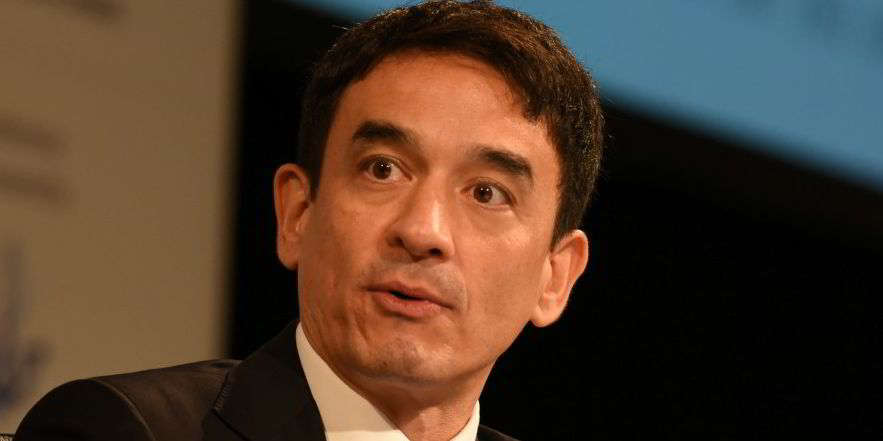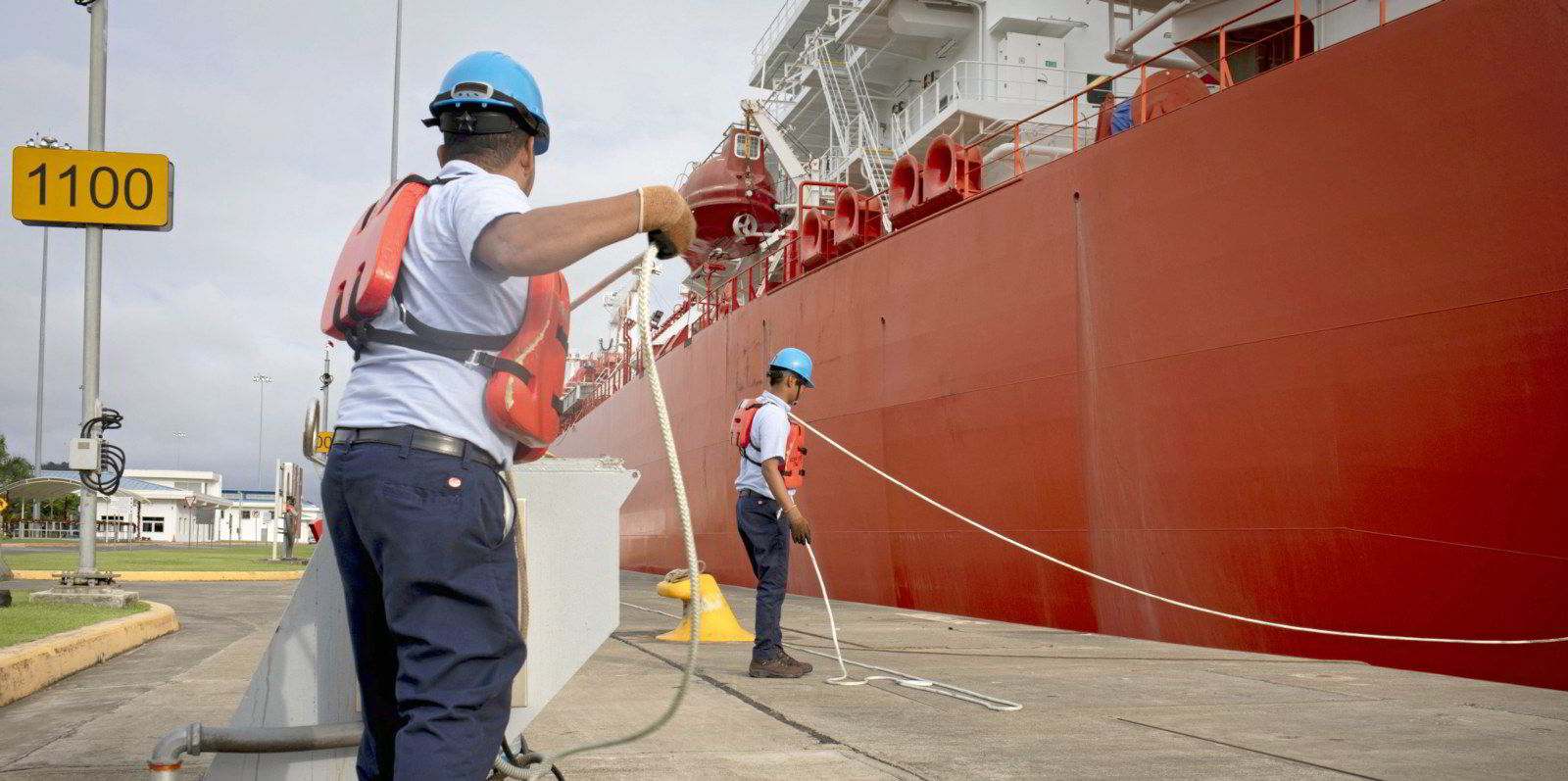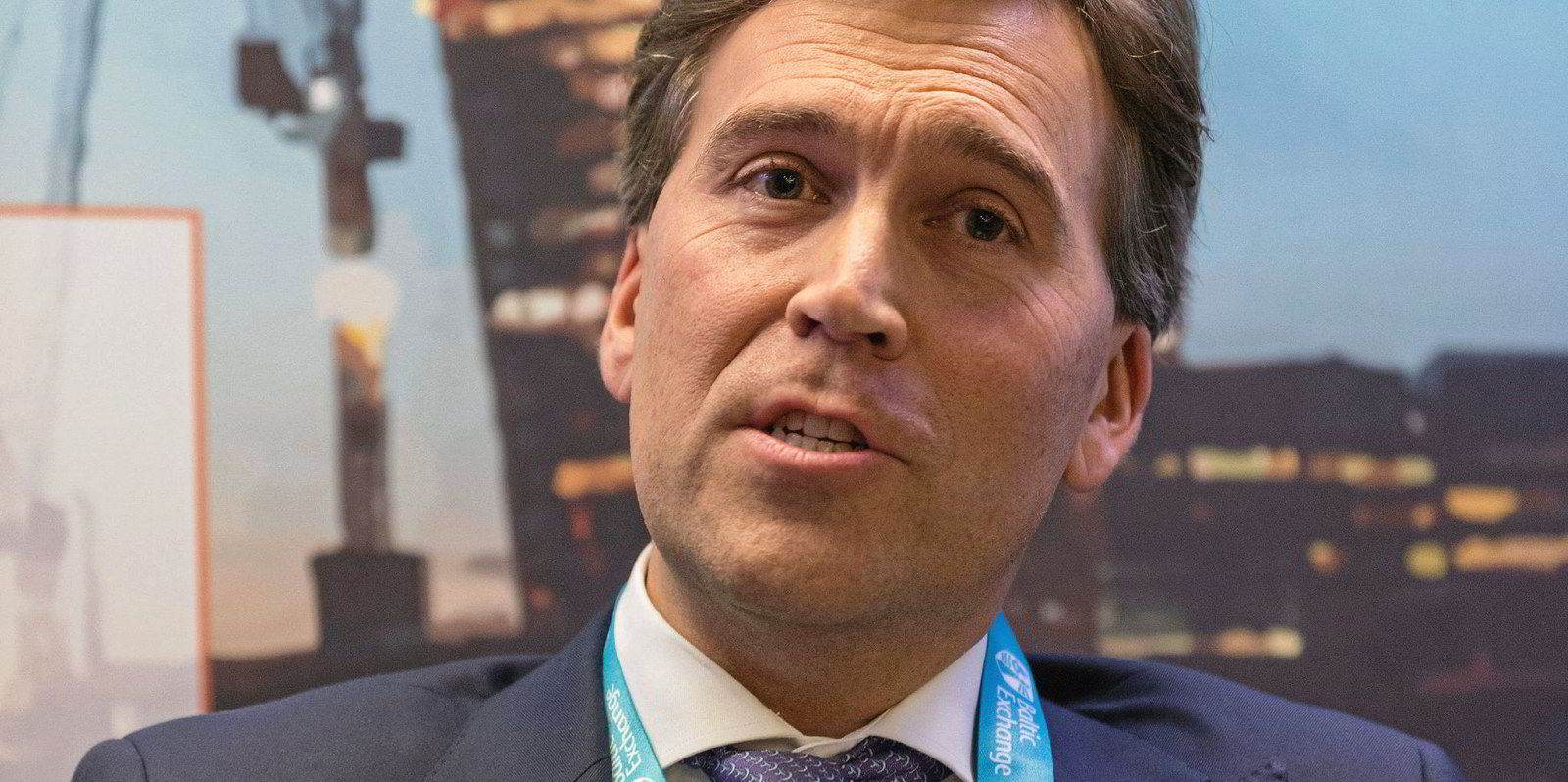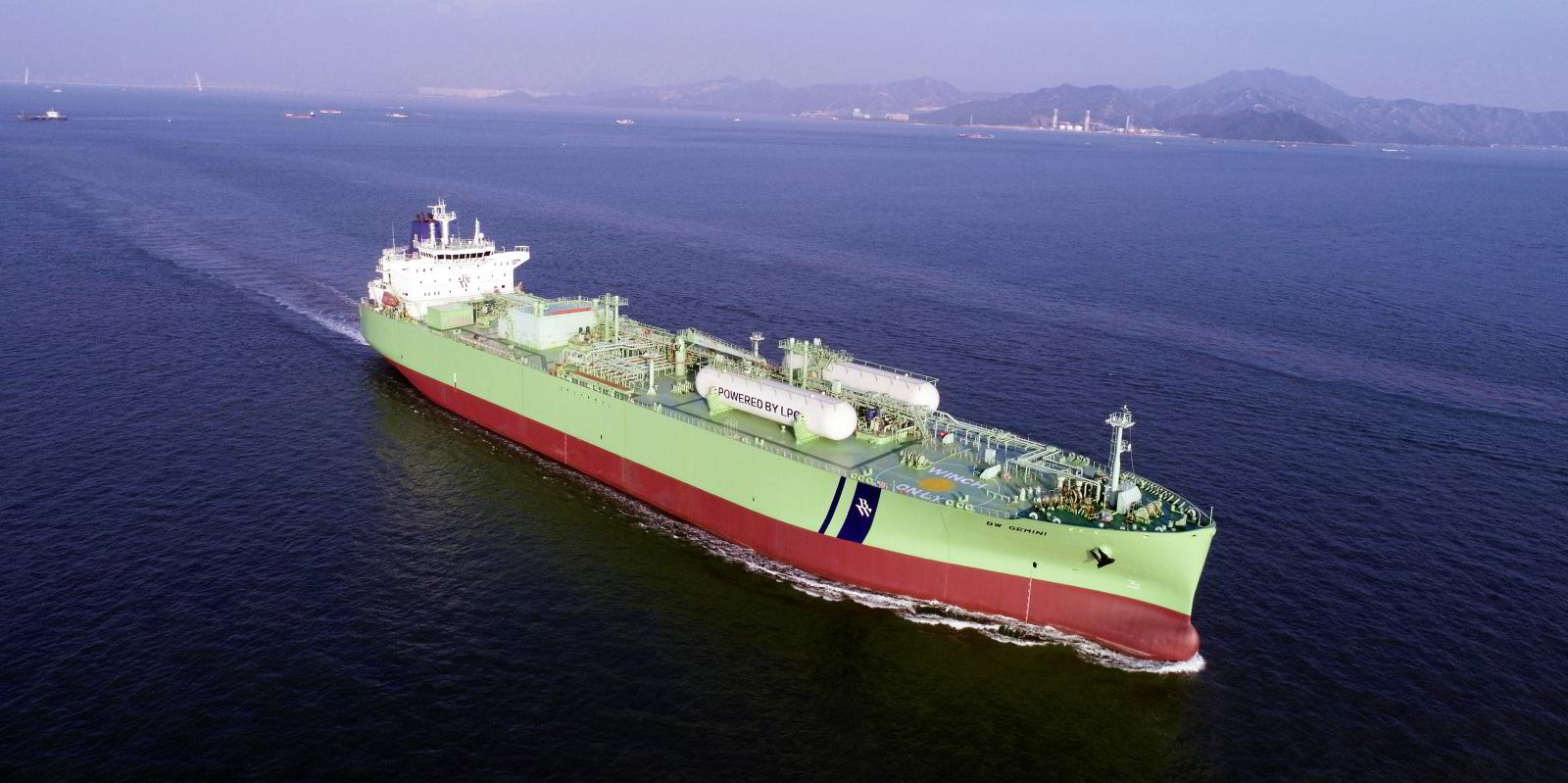Within less than 10 days in late 2020, Andreas Sohmen-Pao-chaired BW Group embarked on a rare investment spree in LPG shipping.
The Singapore-headquartered shipping giant first paid $197m for a 39.1% stake in Navigator Holdings — a price equivalent to the New York-listed handysize owner’s share price at that time.
BW LPG, the group’s VLGC arm, later became Avance Gas’ second-largest shareholder after buying 9.14% shares of the Oslo-listed rival.
Group subsidiary Epic Gas then merged with Lauritzen Kosan to create a major operator of small LPG and chemical carriers, with 77 vessels worth a total of $900m in the combined fleet.
The acquisition spree underscored BW Group’s confidence in the LPG shipping sector, according to some observers and people familiar with the deals. Given Sohmen-Pao’s reputation as one of the industry's most ambitious consolidators, further merger-and-acquisition activity cannot be ruled out.
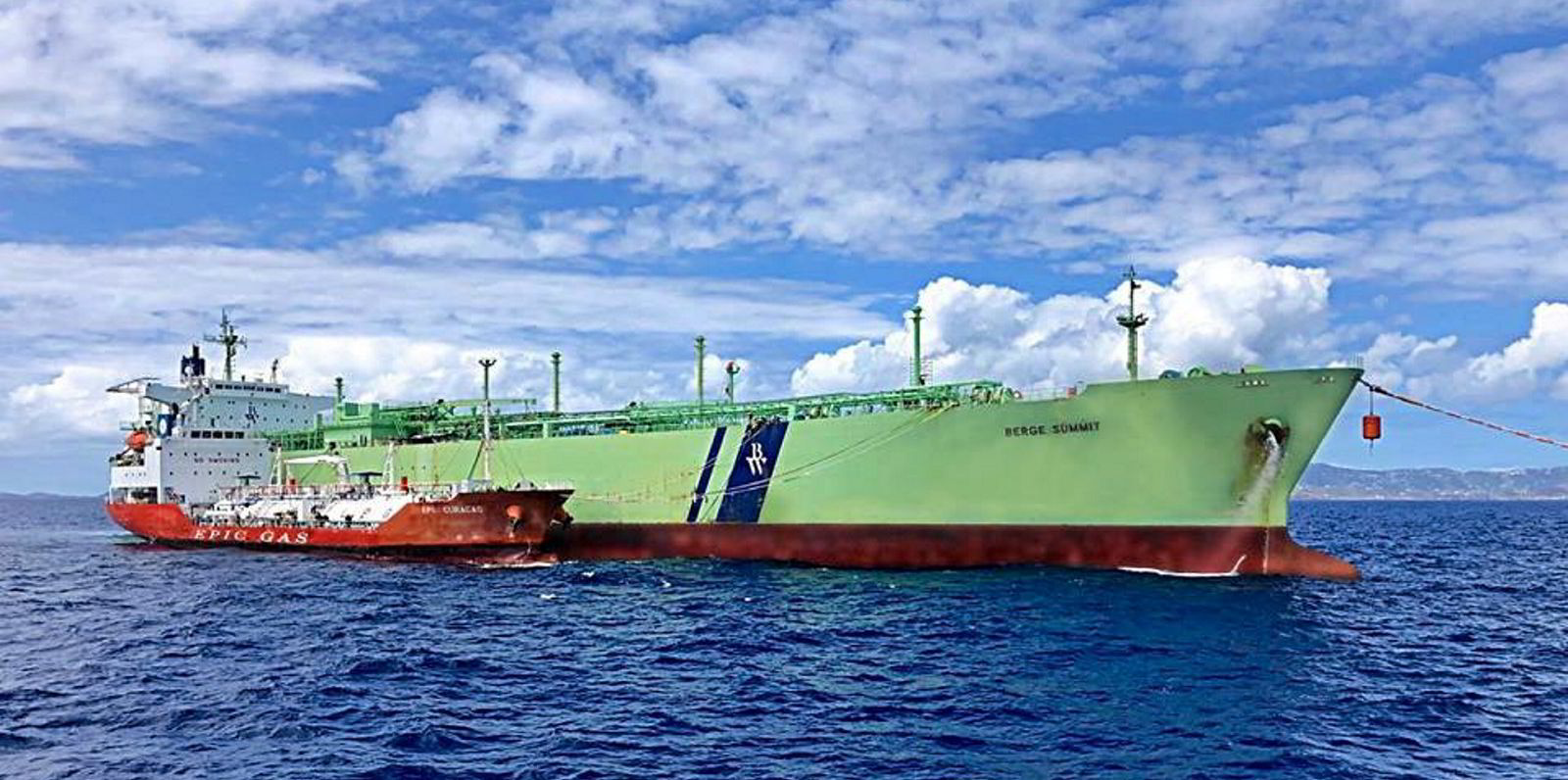
One source close to Navigator’s side of the BW deal said that while the acquirer’s intentions were unclear, the group had a track record as a passive investor and that could be the case here — at least in the short term.
“I would not be surprised if the short-term intention is to better understand the company and evaluate what the longer-term opportunities might be,” he said.
“But they obviously have a lot of assets tangential to this one. Does it make sense to have three separate platforms in different areas of LPG? My guess is probably not. I’d expect to see them try to maximise value across their LPG platforms.”
Consolidations are welcome
Market prospects have been mixed for LPG shipping in recent quarters, with VLGCs boosted by long-haul shipments to China and smaller segments plagued by weak regional trade during the pandemic.
But analysts generally believe bigger companies can better navigate market volatilities and business challenges on the crewing and environmental fronts.
“Certainly a company with overwhelming scale across the supply chain does not exist and could be interesting and differentiated,” Stifle analyst Ben Nolan said.
“Ideally that would enable an enhanced competitive advantage and better returns. Generally, outside of BW further consolidating, it is hard to see what other M&A there might be in LPG given the narrow market.”
Aman Sud, Drewry’s lead analyst in gas shipping, said the scope for mergers and consolidations in the LPG sector has been accentuated by the pandemic and emission rules.
“Larger companies have been better prepared to deal with the volatilities and shocks in the market as well as better managed the crew change problem,” Sud said.
“Moreover, having a larger fleet for a company gives it much more control over the market, which is going to be important in the coming years with decarbonisation rules compelling the industry to invest more in alternative fuels and vessel design R&D [research and development].”
BW Group would be able to gain further exposure to and expertise in various LPG shipping segments via its recent investments, according to Jefferies analyst Randy Giveans.
“I don’t think the LPG shipping industry will ‘need’ to have more consolidation, but it would certainly help,” Giveans added. “The market, like other shipping sectors, is too fragmented and would certainly be better off if there were just a few large players.
“With that, the timing and environment is probably ripe for additional M&A in 2021.”
